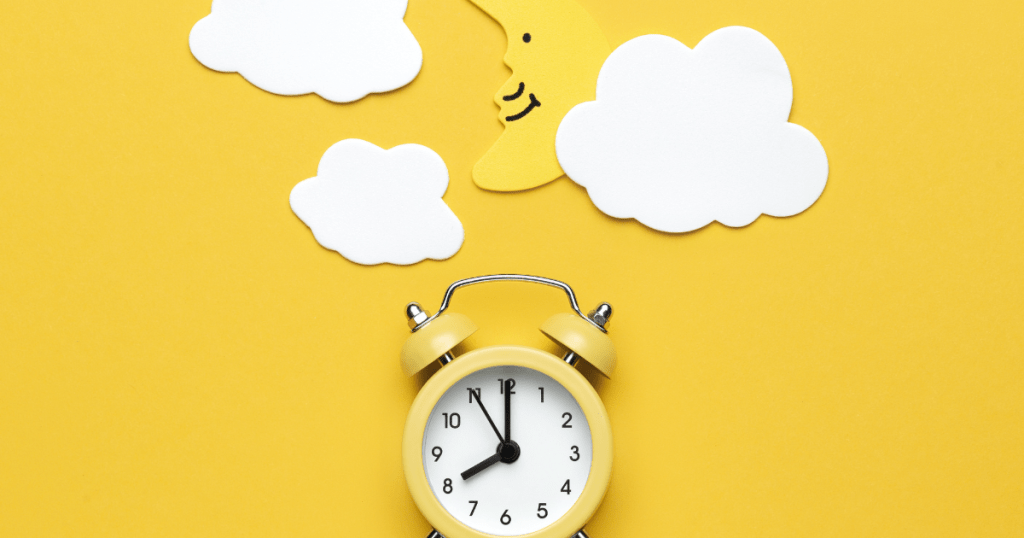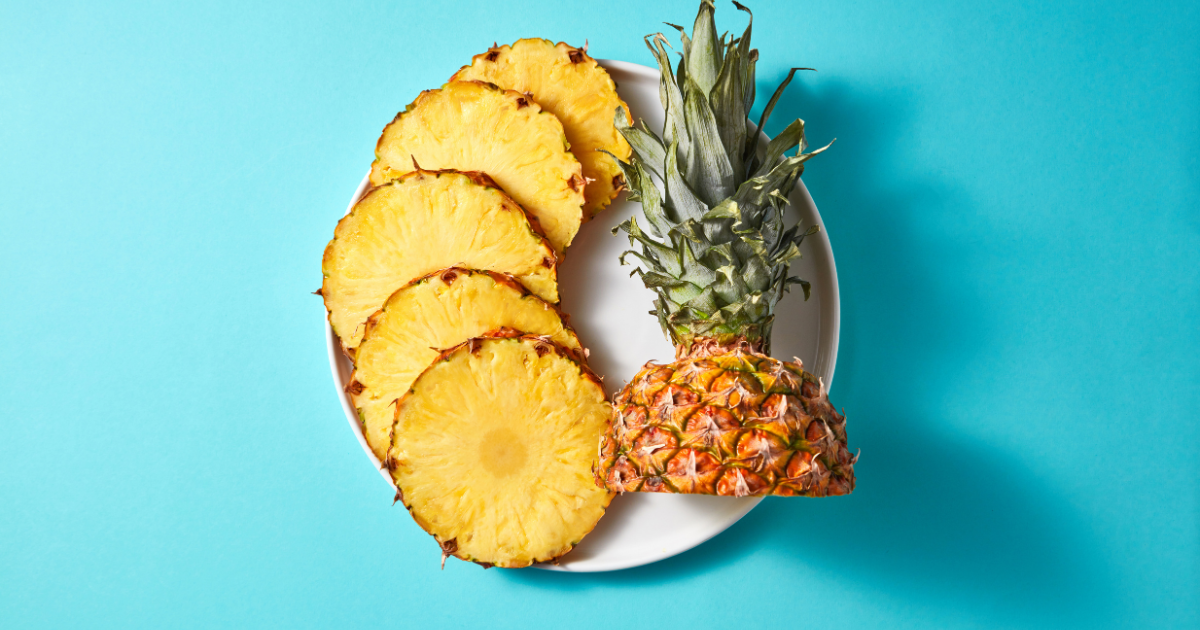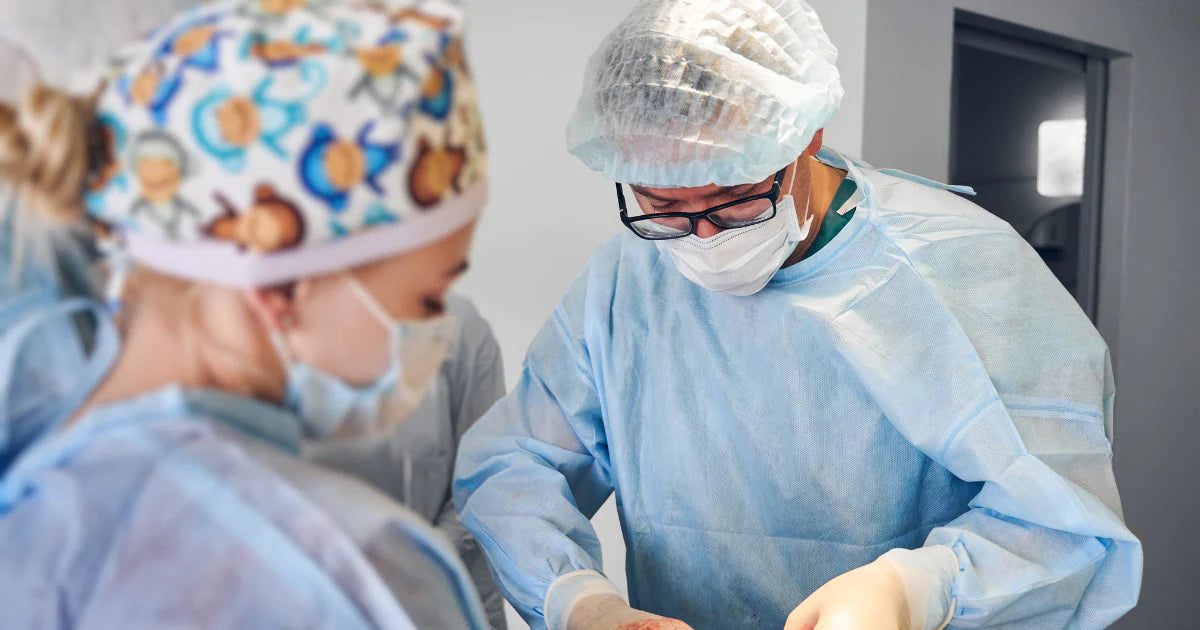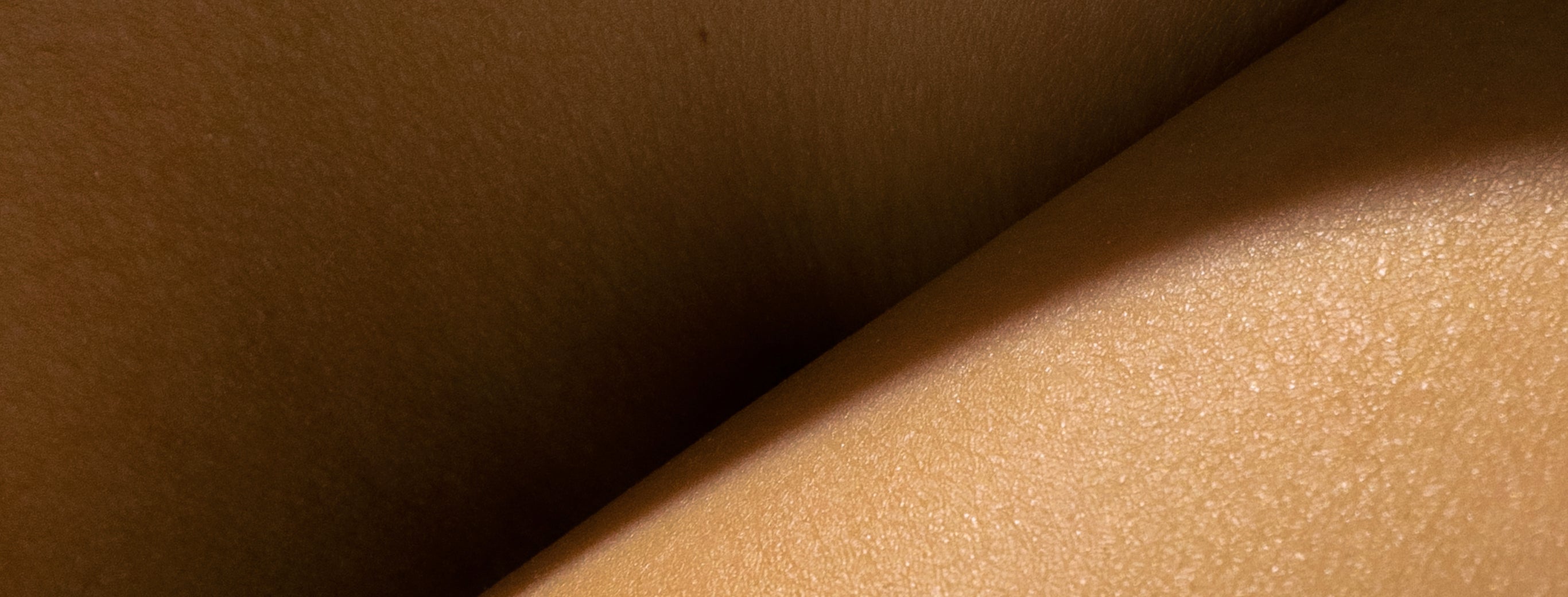What Happens If You Eat After Midnight Before Surgery?

Wondering when to stop eating before your surgery? What happens if you eat after midnight before surgery? A common rule is to be NPO after midnight. NPO refers to the Latin abbreviation for “nothing by mouth”.
The American Society of Anesthesiologists generally recommends no food or drink 6-8 hours before surgery.
But what if you sneak in food or drink after midnight or when your surgeon tells you not to? Is it THAT important?
In short, YES. It can be incredibly dangerous to eat or drink prior to surgery and can increase your risk of developing aspiration pneumonia. I know, it sounds scary, but that’s where I come in!
In today’s article, I will be sharing more on what aspiration pneumonia is, how to prevent it, and what to do if you eat or drink prior to your surgery.
As a specialized plastic surgery dietitian, I know it can be confusing and overwhelming to know how to best prep for your upcoming surgery. My job is to provide you with the accurate and evidence-based information you need to go into your surgery feeling empowered and prepared. So, let's get into it!
Looking for more plastic surgery content? Make sure to check out my blog post on how to get ready for plastic surgery!
What is aspiration pneumonia?
Aspiration pneumonia can occur if you eat or drink too close to your surgery. Aspiration pneumonia is a kind of pneumonia caused by something other than air, such as food or liquid, being inhaled into your respiratory tract.
Symptoms include:
- Chest pain
- Coughing up phlegm
- Fatigue
- Fever
- Shortness of breath
- Wheezing
If you experience any of these symptoms following your surgery, contact your health provider right away. This is not something to take lightly!
What happens if you eat after midnight Before Surgery?

Let's say you end up eating after midnight before surgery and getting aspiration pneumonia, then what's next? Your treatment may include a variety of options. But let me tell you- none of these are fun and it is best to prevent aspiration pneumonia all together!
Treatment may include:
- Antibiotics
- Swallowing function tests
- Sometimes a ventilator to support breathing in more severe cases.
Depending on the severity of symptoms treatment may last 7-8 days in uncomplicated cases. You can easily prevent aspiration pneumonia by following proper surgery protocols, as I'll explain below.
How can I prevent aspiration pneumonia?
The best way to prevent aspiration pneumonia is to follow the pre-surgery fasting guidelines provided by your surgeon.
In general, clear liquids, such as water, can be ingested for up to 2 hours before your procedure and a light meal can be ingested up to 6-8 hours prior to surgery, but ALWAYS check with your provider first.
It’s also recommended to avoid fried foods, fatty foods, or meat the days before surgery as they will take longer to digest and require additional fasting time.
Additionally, if you take any medications, check with your doctor if they are safe to take prior to your surgery.
Action tip #1: Check with your doctor and/or healthcare team to see what guidelines they recommend you follow pre-up. Write them down so you don't forget!
I ate before my surgery! What do I do now?

Tell your doctor ASAP! Depending on what you have, they will determine whether or not it is safe to proceed with your surgery.
Remember, it is better to reschedule your surgery than to put yourself at risk for developing aspiration pneumonia.
What Happens If You Eat After Midnight Before Surgery: Final Thoughts
Here are a few key takeaways from this article:
- Aspiration pneumonia can occur if you eat or drink too close to your surgery.
- Prevent aspiration pneumonia by following the pre-surgery fasting guidelines provided by your surgeon.
- Tell your doctor right away if you have had anything to eat or drink prior to your surgery.
- It is better to reschedule your surgery than to put yourself at risk for developing post-surgery complications.
My name is Kylie and the owner of Sulinu, the first women's company for Plastic Surgery.
Follow us on IG here.
Watch our youtube videos here.


